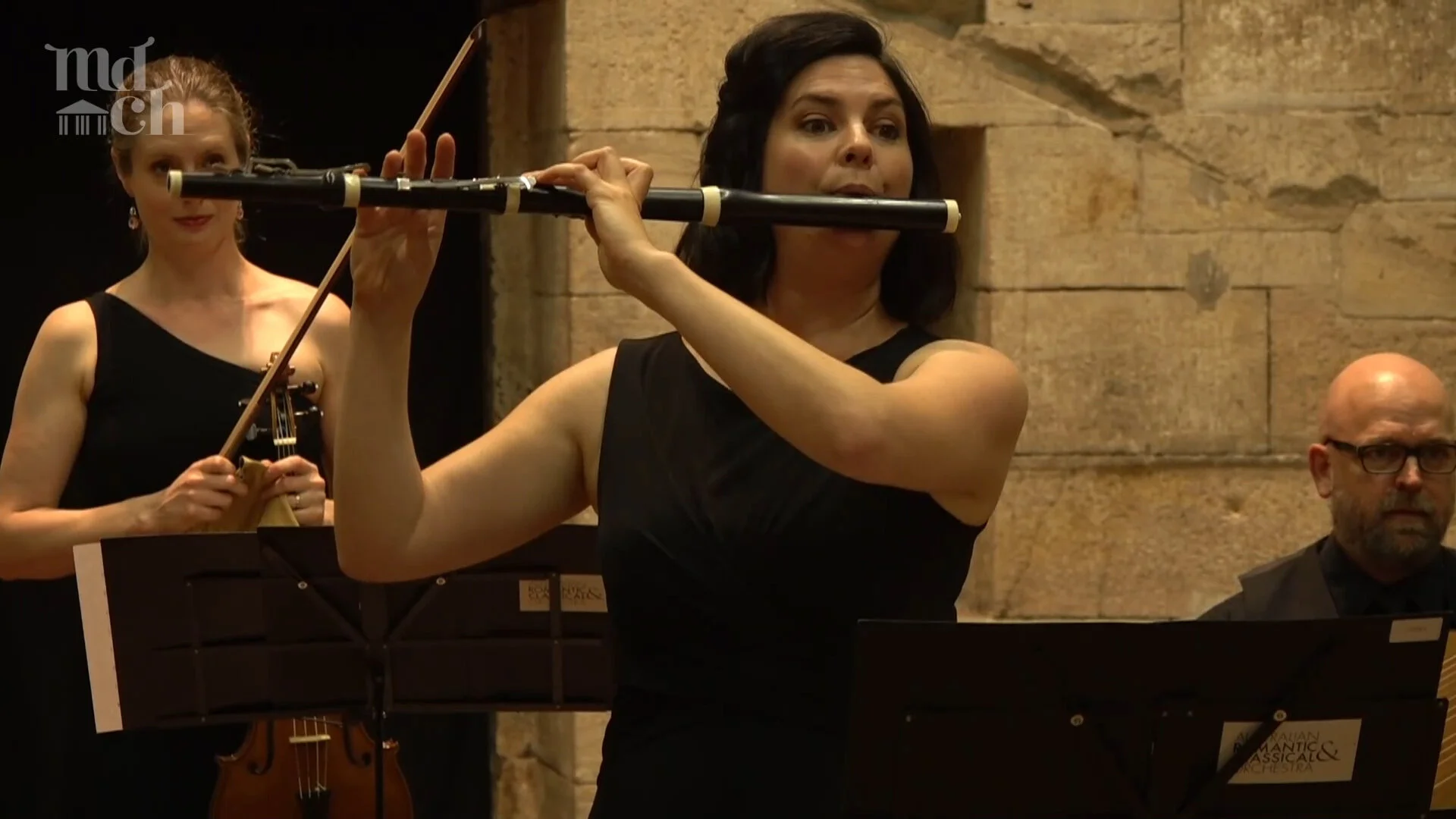The first two quartets were played by Georgia Browne (flute), Matthew Greco (violin), Karina Schmitz (viola) and Daniel Yeadon (cello). Browne is the featured guest artist for this concert. She studied with Barthold Kuijken in The Hague and has played extensively as a soloist with many early music ensembles in Europe and Australia.
Abel – Flute Quartet in A major No.2 Op.12
Carl Friedrich Abel is not so well known today. Brought up in JS Bach’s household, he was prominent in the early classical period in Dresden and later in London as an associate of JC Bach. There he also met the young Mozart.
This Flute Quartet has many elements of the baroque, with strong contrapuntal passages. It was performed with restraint and delicacy, but always buoyant. Browne paid careful attention to articulation.
Mozart – Flute Quartet in D major K 285
Mozart wrote comparatively little music for flute so we are lucky to have this joyful piece. Played with drama, the quartet was rhythmically tight and in its emotional surges, well coordinated.
There is of course a temptation to compare the composers. Mozart clearly outshines his older contemporary, with a huge range of well executed textures and expressive melodies. I loved the rendition of the slow movement with the lyrical flute above the pizzicato strings. The third movement with its exciting violin flourishes was brilliant and exciting. Variety and imagination are the hallmarks of this piece, and it is difficult for Abel to compete!
Abel’s music was enjoyable however, I had not heard any of these pieces before and it was interesting to hear the baroque-classical transition.
Mozart – String Quartet in C Major K157
Julia Russoniello on second violin joined the other string players for this more substantial and serious work. A much denser texture sets this piece well aside from the Flute Quartet. For a work in the forthright key of C, the very sparse use of vibrato on the period instruments gave the first two movements a rather languid feel. The last movement, played at a cracking pace, was however right at home in this key. The quartet was passionately and dramatically rendered.
Abel – Flute Concerto No.5 in G major
The chamber orchestra was filled out for the concerto by Kirsty McCahon on double bass and Simon Martyn-Ellis on theorbo. The latter instrument rather harks back to the continuo of the baroque period, but works well in this early classical work.
Browne explained that the particular flute she was playing was styled on a late 18th century instrument with rather more extensive keyword that its baroque predecessors; very high tech for the day.
This work, the earliest on the program, was much closer to the baroque with often Vivaldi-like passages. It was satisfying too to hear the solo flute cadenzas in all three movements.
This concert, showcasing the early classical period, was a delight. It is often tempting to think that there is a fairly clean break between baroque and classical music, as if the classical was a reaction against the complexity of the baroque. This concert highlighted that in many cases the transition may have been more seamless and gradual.
Thanks to all who brought this thought provoking performance together.



